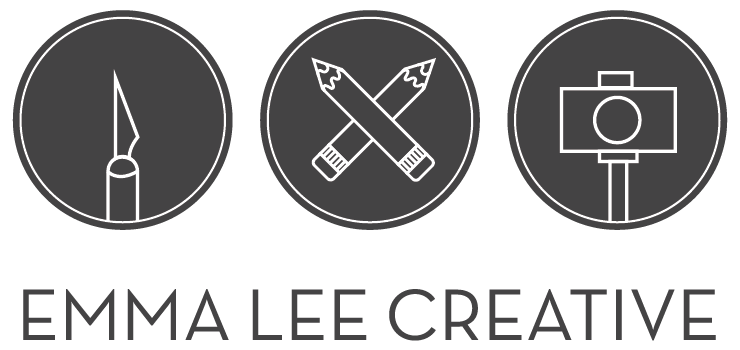Have you ever seen those wedding disaster videos? Maybe someone falls or the photographer trips into a pond? I’m writing today about another thing that can spell disaster on your big day, but doesn’t have to. Awhile ago, I shared a little bit about the importance of becoming a legal and educated drone operator. This is great to know if you’re a photographer or a videographer, but why should the client care if their hired creative is legal? What difference does it make to them? Today, I am going to discuss the potential risks of hiring someone who isn’t licensed or experienced.
SAFETY
Like photography, putting a drone in the air is more than just pressing a couple of buttons. And like photography, there is a great deal of knowledge behind the things you see happening. An unlicensed drone operator is not going to have the knowledge of complicated things like airspace, wind and weather, and regulations. Someone who doesn’t have an understanding of these factors could make a move that could cause a big disruption for your big day.
FAA REGULATIONS
Large swaths of the US are within controlled airspace. Airspace is a concept that goes beyond the air up there. There are various classes of airspace with equally varying requirements for operation. These requirements dictate what kind of equipment an aircraft must have, how close to an airport they can be at different altitudes, and what kind of weather conditions a person can operate in. If you are getting married within a certain radius of a towered airport and your photographer mentions getting some great drone footage, your next question should be about whether or not they are licensed.
Your photographer/videographer doesn’t have one of these and probably has no way of communicating with other air traffic. You hired them to take photos or video with a drone. If they’re involved in a collision, you might get your money back, but you probably won’t get those photos back.
PROFESSIONALISM
You hired the wedding photographer you did because you know they can do the job right. Now how would you feel they took you out for an engagement session, you loved the images, plastered them all over social media and because of that, you found out that you were trespassing on private property? It might not feel so great. Professional photographers know better than to do illegal things during the course of their work, and you’d probably see it as unprofessional of them to do differently. It’s required by law to have a drone license if you are operating in a commercial context. For your hired photographer to fail to be properly licensed is a mark of unprofessionalism, because not having the proper licenses and permissions to do the job is a part of doing it right.
LIABILITY
According to regulations, it is illegal to knowingly and willfully hire or employ someone who doesn’t have an airman’s certification. If you hire an unlicensed drone operator, you could be liable for thousands of dollars in fines, and anything that goes wrong may only add zeroes to those fines. You already paid between $20,000 and $30,000 for your wedding. Do you really want it to be $30,000-$40,000 and climbing?
If your photographer or videographer suggests drone footage but they don’t have a license, suggest this book, the FAR/AIM. It’s the Federal Aviation Regulations/Airman Information Manual, and Part 107 covers unmanned aerial vehicles such as drones.
INSURANCE
Similar to liability is insurance. A responsible drone operator will be insured, especially if they will be using their skills for commercial purposes. My creative business is insured, and some venues require photographers to be insured up to $1M. Additionally, any drone operator seeking to be insured will likely be required by the insurance company to be compliant with FAA regulations. Regardless of whether or not you’re hiring someone for drone footage, make sure all of your vendors are adequately insured.
When you hire a photographer or videography who offers drone coverage, make certain that you ask them if they are certified under Part 107 (FAA regulations regarding drone operations), and if they are insured. Make sure you understand their experience level, and that they are allowed to work at your venue. It’s better to spend more money and hire someone who is certified, insured and experienced than hire someone who lacks those things and then be on the hook for something going wrong.


